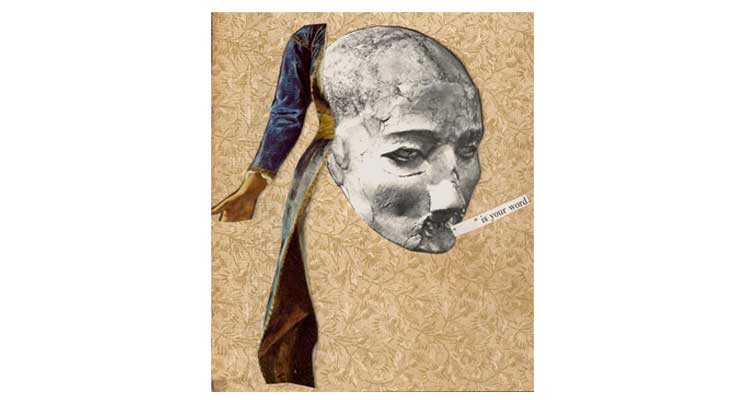
Anne Sexton said, “Your eyes are full of language.” Language is habitually cunning. The words you use mirror your view of the world. For instance, the word “race” – with an idea behind it – has continuously conceded more meanings than sheer physical variations. As Roland Barthes said, “Language is a skin.”
Evidence from the analysis of genetics (e.g., DNA) indicates that most physical variation, about 94%, lies within so-called racial groups. Conventional geographic “racial” groupings differ from one another only in about 6% of their genes. This means that there is greater variation within “racial” groups than between them, according to the American Anthropological Association.
Thus, the word race – historically originating from a lexicon of scientific terms referring to biologically distinct groups – has been questioned. Ludwig Wittgenstein said, “The limits of my language means the limits of my world.”
By the 1970s, it had become clear that (1) most human differences were cultural; (2) what was not cultural was principally polymorphic – that is to say, found in diverse groups of people at different frequencies; (3) what was not cultural or polymorphic was principally clinal – that is to say, gradually variable over geography; and (4) what was left – the component of human diversity that was not cultural, polymorphic, or clinal – was very small.
A consensus consequently developed among anthropologists and geneticists that race as the previous generation had known it – as largely discrete, geographically distinct, gene pools – did not exist (Race (human categorization)).
“For last year’s words belong to last year’s language. And next year’s words await another voice. (T.S. Eliot)” Yet racism – racial prejudice or discrimination – continues to exist. And it does substantial harm to the mental and physical health of all subjected to it. Yes, “let’s just tell the whole story”, as Bill Clinton said in a heated exchange with a Black Lives Matter protester. For instance, let’s not forget how “the deep-seated fear that any black teenager in a hoodie must be up to no good was essentially what got Trayvon Martin killed.”
But then again – historical research continues to show that physical variations in the human species do not have any meaning apart from the social one we humans put on them.
Leave a Reply